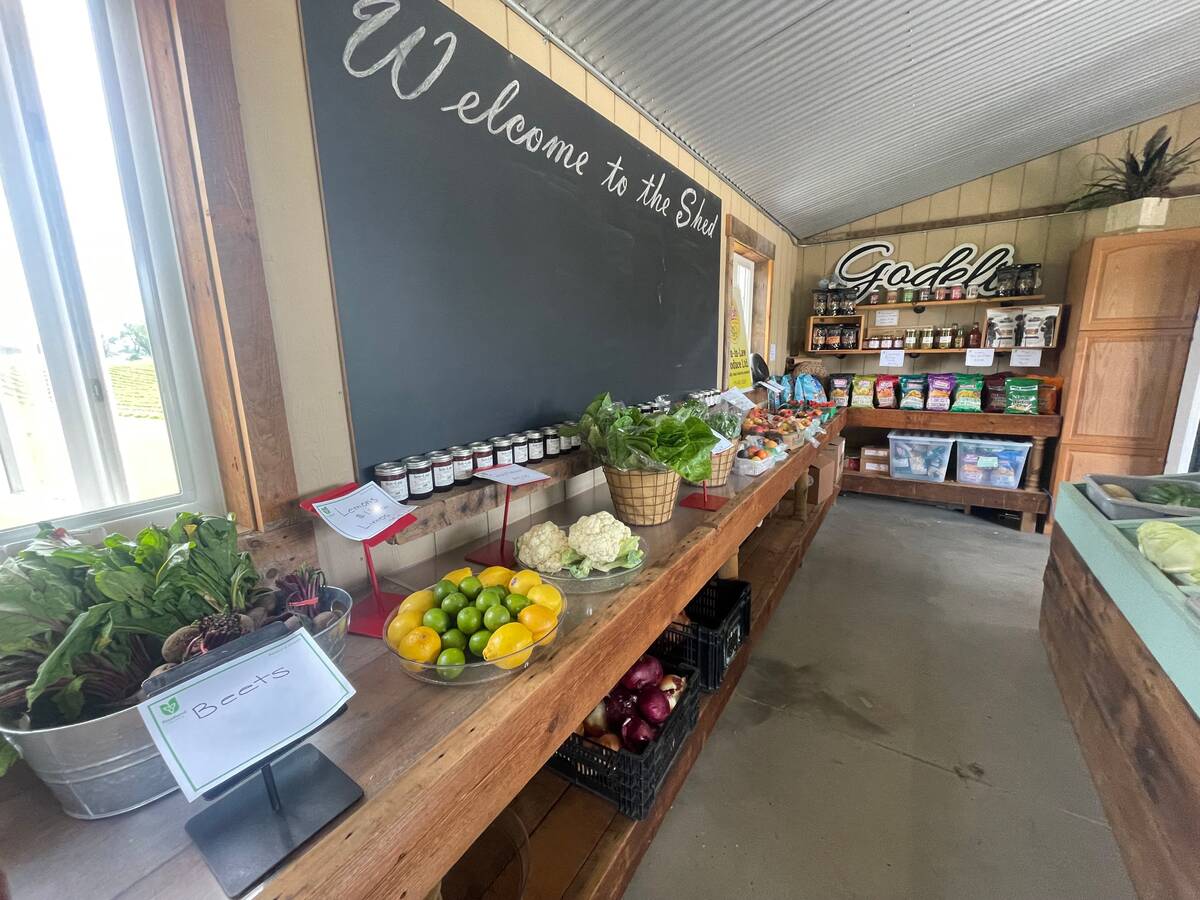Many farms think an unexpected change will never happen in their family. The premise is: “our family operation has nothing to worry about.”
Few family operations survive unexpected changes to the business, such as changes due to a death, sudden illness, family or legal disputes, divorce, financial stress or loss of a key employee.
Why it matters: Many families realize the importance of having a farm contingency plan for when something unexpected happens, but few actually create it.

“I like to refer to these unexpected changes as a ‘shark attack,’” says Ron Hanson, professor emeritus with the University of Nebraska-Lincoln at the Annual Beef Industry Convention, Jan. 10 in London.
Hanson says these issues are often never discussed and usually avoided.
“Families make the unrealistic assumption that we can always find a way to work through this when, and if, something ever happens.”
When developing a plan for the business, Hanson suggests four questions to be included in the checklist:
- Are all farm businesses and financial documents current and complete?
- Are these documents accessible to other family members?
- Are necessary power of attorney documents in order if the parents are unable to manage the farm business and/or no longer able to take care of themselves?
- Has the farm’s contingency plan been communicated with everyone in the family?
Read Also

Ontario farms are a small business backbone but red tape delays and obstacles hinder growth
Farms are part of Ontario’s small business backbone, whether Ontario-grown livestock, grains or horticulture foods and farm products are bought on-farm, at a local market, or at the local store.
Many families will find the contingency planning process to be time consuming and emotionally draining process. Unfortunately, there are no short-cuts or easy answers to these questions.
“The solution, as well as the secret for success, is to start your planning process now.”
Through Hanson’s experience of counselling farm families along with professional travels speaking to farm groups, he believes there are five questions that need to be addressed during the farm succession planning.
• Is there someone the farm owners really want to someday own the farm? Is there someone who will never own the farm?
• Are the parents willing to treat all of their adult children fairly and equitably in their estate?
• When will this transfer of the farm ownership and sharing of management actually happen?
• What is sweat equity worth when determining a fair selling price for a family farm to settle a farm estate? What is a fair selling price when a farm must be sold in the family, if the adult children must buy out their sibling(s) or buy out the parents so mom and dad can have an income stream?
• Are family members able to work together and agree upon a succession plan for the future of their farm? If family members fail to reach an agreement with each other, nothing will ever happen.
“The key to finding answers to these questions is whether a family has a vision for the future of their farm and a commitment to continue their family farming legacy for future generations.”
Adopt a vision
The parents are the starting point of this process – their farm, their estate, and their family.
It’s important they begin by discussing their own expectations with each other.
Parents must identify a vision for the future of their operation, and their legacy. Then, they must share this vision with their children, especially the ones who have returned back to the farm.
Hanson says too often family succession fails because parents cannot agree.
“Worse yet, parents have the attitude that after we die, the children can figure things out themselves.”
These approaches often end with the farm being sold off.
Drafting ideas into a plan
This step requires the entire family to meet and begin discussing ideas and concerns.
This is an opportunity for parents to explain their vision.
Hanson says the objective of this step is to get something in writing.
“With nothing in writing, how can a succession plan ever be accomplished? Verbal plans usually never materialize.”
Organizing planning resources
This is the most important step in farm ownership succession planning, says Hanson.
The family needs to put together a management succession team to guide them through the process. This includes an accountant, farm loan officer, estate planning or wealth management specialist and an attorney.
Clarifying assumptions
The adult farming children are to visit with the non-farming children to learn and understand their feelings.
Existing jealousies, as well as resentments, need to be resolved and reasonable solutions need to be met.
Take control and set guidelines
This is a critical strategy for the planning process to be successful.
Hanson suggests breaking down the overall planning process into identifiable stages and set deadlines to accomplish each specific purpose.
“This is exactly why many planning goals by farm families never become a reality. They never had a deadline or priority to get their plans accomplished.”
Planning shouldn’t start during a farm crisis. This usually results in the farm being divided or sold due to family’s failure to have implemented a contingency plan.
“The strategy for success is to start communicating as a family and to adopt a step by step transition planning process now.”
To find out more information, visit Hanson’s website at passingonthefarm.com.













